The cycle of enabling a loved one’s addiction…
Addiction Therapy
Are you enabling a loved one’s addiction?
Addiction is one of those things that systematically impacts all of us in such profound ways. From healthcare to the justice system, even down to work productivity and business revenue, addiction impacts our community from all angles. As a Licensed Clinical Addictions Specialist in Cary, North Carolina, I see how addiction has wrecked havoc across communities and families. In 2020, 3,118 people died from drug overdoses right here in North Carolina. That comes out to over 8 people every day. Alcohol abuse in North Carolina has been on the rise since 2012 and is the third leading cause of preventable deaths statewide. Just under 40,000 people in North Carolina were admitted for substance use disorders in 2015. $400K in recurring funds and $9,180,066 in nonrecurring funds out of North Carolina’s State Budget for 2021-2022 has been allocated towards substance use disorders!
Substance use disorders are complicated with far-reaching effects for those who know, work with, or support and love someone struggling. Even if by some bizarre chance you have not known anyone with an addiction you have, or will, undoubtedly be impacted, whether it’s through higher taxes, higher insurance premiums, higher college tuition, or working longer hours.
Family members of persons struggling with addiction often suffer the worst. They get sucked up into a swirl of chaotic entanglements, trying to juggle between supporting their loved one in a helpful way while not mentally and physically deteriorating in the process. It’s hard to maintain your own mental health when the life of someone close to you feels constantly threatened. I hear the sadness and despair in a parent's voice when they wonder if they will ever get a good night's sleep again as the anxiety of not knowing where their child is or if they will wake up alive keeps them up at night. I have sat with partners as they relive terrifying moments of isolation, fear, frustration, and exhaustion. I have made one too many calls to CPS. I have also been that family member, and that significant other. So when does support go from being helpful to harmful?
I get asked often by family members or partners of those struggling with addiction “What more can I do?” As an addictions therapist I know that the following discussion is going to be tough for them to hear because it usually involves offering suggestions on how to do less as opposed to more.
Effectively supporting a loved one through their substance use disorder or addiction can sometimes feel counterintuitive to providing healthy support. It makes sense that you would want to loan your loved one money to keep them from starving, to bail them out of jail so they don’t have a hard time with employment, or to help them with housing so they aren’t homeless. It’s easy to fall into cycles of justifying and minimizing the situation because they are super stressed at work, or because they had a hard childhood. Unfortunately, by providing immediate relief and in-the-moment saving, what we are actually doing is enabling the behavior to continue. Helpful support encourages your loved one to address their addiction, and all of its consequences, with the presence of your love.
How can you tell if your behavior is hurting or harming your loved one?
If any of these 5 signs resonate with you, then you may be enabling.
5 Signs You Are Enabling An Addiction
1. You protect them from consequences -This can take many forms, including paying their rent or debts, buying them groceries, lending them your car, providing a free place to live, or bailing them out of jail.
2. You don’t set boundaries - You may be asked to do increasingly unacceptable tasks by your loved one that make you feel isolated, angered, or hurt.
3. You’re making excuses for them - You might find yourself justifying their actions or use to others. Using things like recent hardships, stress, or childhood experiences to explain excessive substance use and subsequent behavior.
4. You’ve isolated yourself from friends and family - Protecting our loved ones from pain can sometimes cause us to argue and fight with other family or friends. They may decide to distance themselves from you when they feel like you are not being honest with them, or shielding your loved one from the consequences of their substance use.
5. You keep secrets for them - When your loved one realizes their alcohol or drug use is considered problematic, they may ask or expect you to keep it secret so that their addiction can remain undisturbed. Or you might feel tempted to keep secrets in order to keep the peace.
Once you recognize your behavior you may ask yourself, what do I do?
➡️ educate yourself about addiction
➡️ seek a therapist experienced in addiction counseling
➡️ set clear boundaries and FOLLOW those boundaries
➡️ allow natural consequences
➡️ join a support group
It can be hard to hear that our well-intentioned actions can sometimes enable the very behaviors we hope to mitigate. It's a journey that requires education, professional support, and firm boundaries.
If you can relate to this blog then you might benefit from working with a therapist who is experienced in substance use disorders. Individual therapy, family therapy, or couples therapy is where we work on addiction education, communication, boundaries, recovery support, and self healing. Reach out today to schedule a free 15 minute consultation where we can discuss your goals and get you on the path from hurting to healing.
Author: Danielle Minges is Licensed Clinical Mental Health Counselor and a Licensed Clinical Addictions Specialist in Cary, North Carolina.


